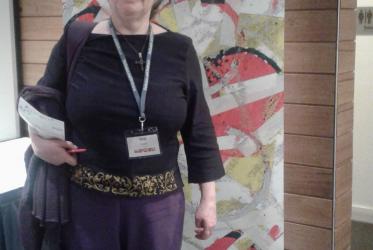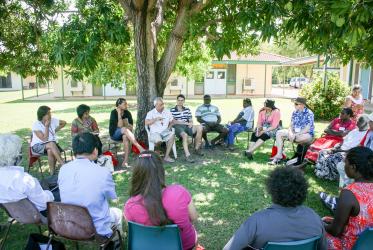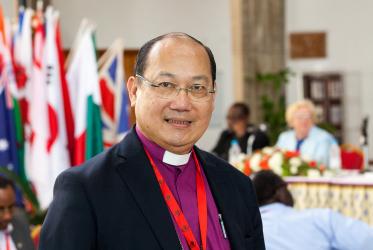Displaying 81 - 100 of 146
A just financial and economic architecture is possible, students find
08 September 2016
Indigenous spirituality: can it transform injustice into justice?
01 September 2016
¿Puede la espiritualidad indígena transformar la injusticia en justicia?
01 September 2016
New Executive Committee members elected in Trondheim
28 June 2016
Voices from HIV workshop reflect deep impact
07 April 2016




